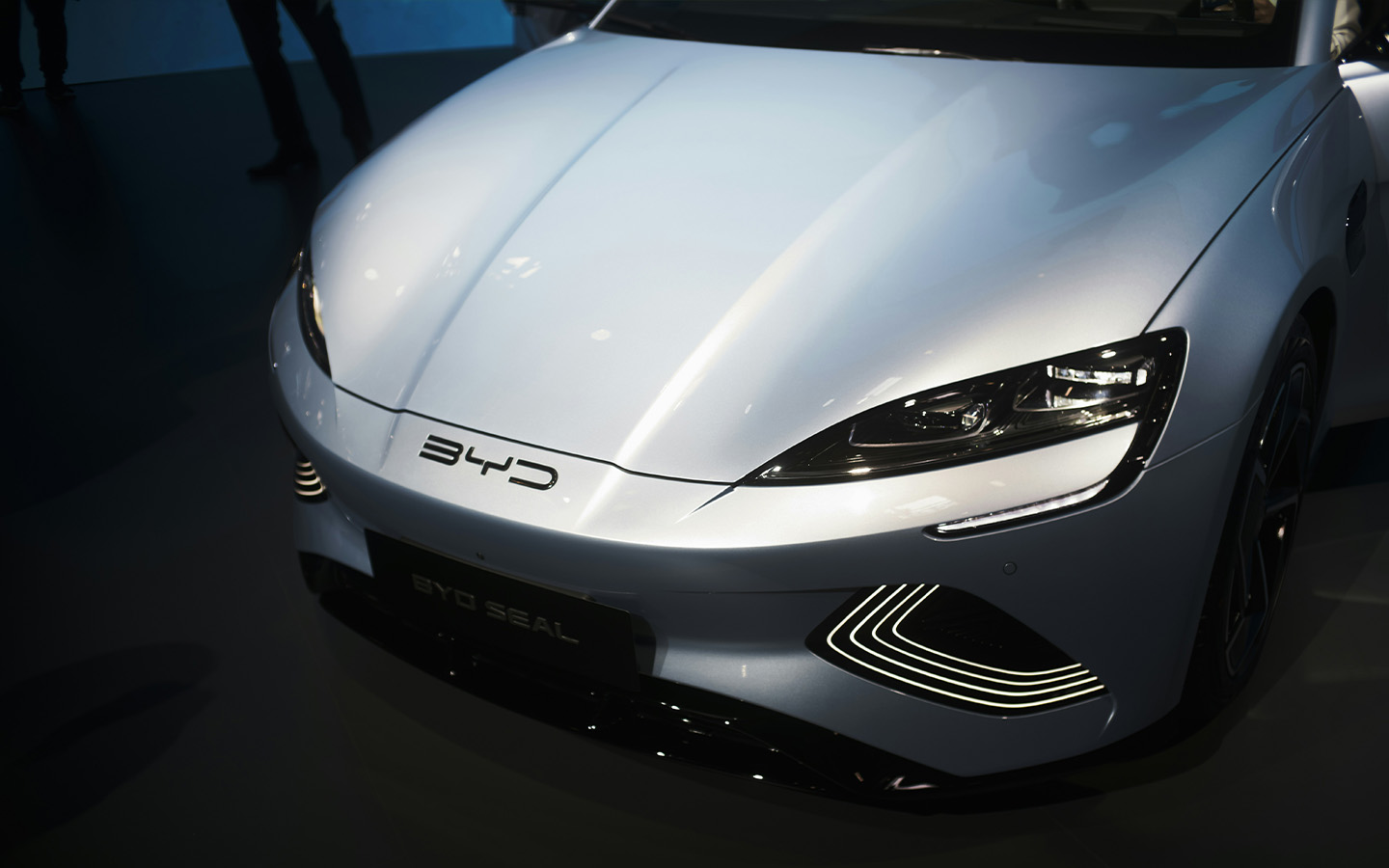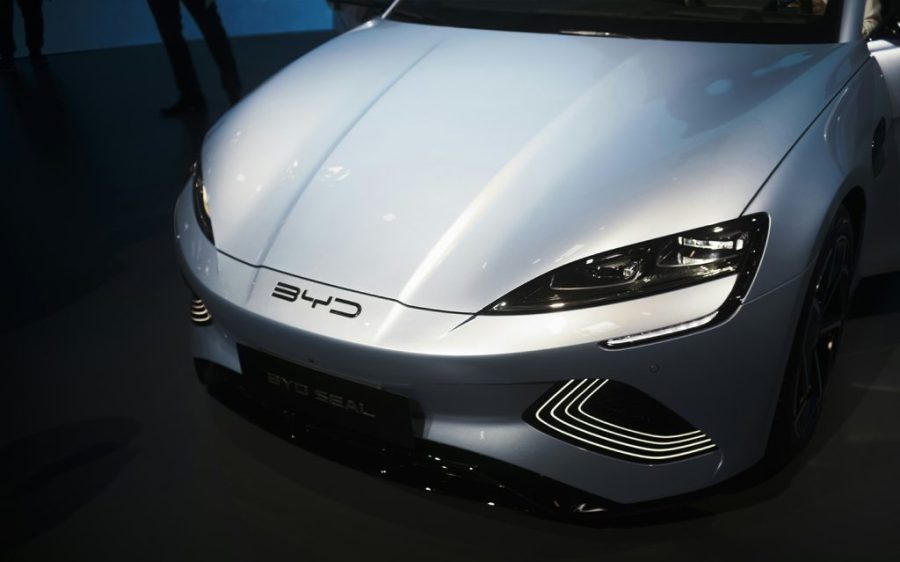China’s leaders have slammed the European Union’s (EU) new tariffs on Chinese electric vehicles (EVs) as protectionist behaviour that will exacerbate trade frictions, which could better be solved through discourse, Reuters reports.
The EU announced provisional new tariff rates of up to almost 50 percent on Wednesday, following a months-long investigation into domestic subsidies received by Chinese EV manufacturers. Like the US government, it claims these subsidies give Chinese companies an unfair advantage on the open market.
Yesterday, China’s foreign ministry spokesperson Lin Jian urged the EU to “correct its wrong decision at once, stop turning trade into political issues, properly address economic and trade frictions through dialogue and consultation, and avoid harming the mutual trust, dialogue and cooperation between China and the EU.”
[See more: The EU is following Washington’s footsteps with tariffs of up to 48 percent on Chinese EVs]
Beijing has rejected the West’s argument that China’s EV industry is operating at overcapacity and is gearing up to flood overseas markets. Chinese officials say the new tariffs will only serve to endanger climate-change goals and raise the cost of switching to an EV for consumers.
European carmakers, meanwhile, have also largely opposed the new tariffs. They reportedly fear retaliatory imposts, which could hurt their sales in the vast and valuable Chinese market.
While Chinese EV makers including SAIC and Geely expressed disappointment in the EU’s move, one analyst told Reuters the tariffs were “by no means a death blow to the Chinese EV industry in Europe.”
[See more: Imports of Chinese electric vehicles surge ahead of tariff crackdown in Brazil]
BYD, for example, already charges buyers in Europe more than double the price it gets for three key models in China – offering some protection from the tariffs.
The announcement of the tariffs had a mixed impact on Chinese EV company’s share prices, with Hong Kong-listed shares of BYD closing up 5.8 percent – with Shanghai-listed SAIC Motors eased 1.6 percent.
The provisional tariffs are scheduled to take effect by 4 July.






